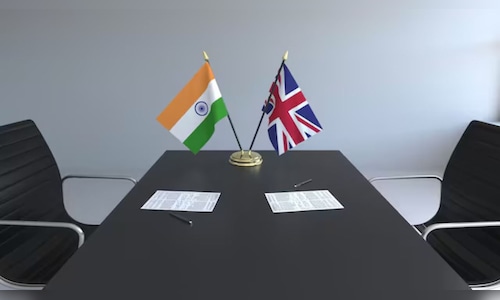He noted that the UK’s new government, under Prime Minister Keir Starmer, is politically stronger, more open to global trade, and better positioned to conclude the deal.
Reynolds, however, refrained from setting a timeline for the agreement, remarking that “a former UK prime minister had vowed to finalise the FTA by Diwali but never mentioned the year.” While he did not rule out a “phase one” trade deal, he stressed that the ambition was for a comprehensive agreement covering goods, services, and business mobility.
One of the UK’s top priorities in the negotiations is securing greater market access for Scotch whisky in India, with Reynolds stating he is “absolutely confident” that the deal will establish the right market conditions for the industry. He highlighted that the Scotch whisky market in India is significantly larger than that of bourbon whisky and should receive comparable concessions.
The UK is also pushing for a robust Bilateral Investment Treaty (BIT) to provide greater certainty and transparency to British businesses operating in India. Reynolds stated that a well-structured BIT could unlock billions of pounds in additional investments into India.
Also read: India-UK FTA to strengthen economic ties, generate employment: UK Trade Secretary Reynolds
On broader trade issues, Reynolds noted that the whole UK government is dedicated to economic recovery, with a strong focus on skills, infrastructure, and trade relations with both the EU and India. He confirmed that business mobility would be a key part of the FTA, adding that India currently receives the largest share of UK work visas.
India’s concerns over carbon tax policies are also part of the discussions, but Reynolds reiterated that both sides are committed to a mutually beneficial deal. Additionally, technology security initiatives are expected to be included in the agreement.
Beyond the FTA, talks also cover a double taxation avoidance agreement and a social security agreement, which India had requested nearly two years ago. The agreement consists of 26 chapters, covering goods, services, investments, and intellectual property rights, with 21 already finalised. However, immigration will not be part of the negotiations, in line with other trade agreements.
Reynolds expressed optimism about the progress made, stating that while some compromises are still needed, both governments are “very close to achieving our mutual goal.”


